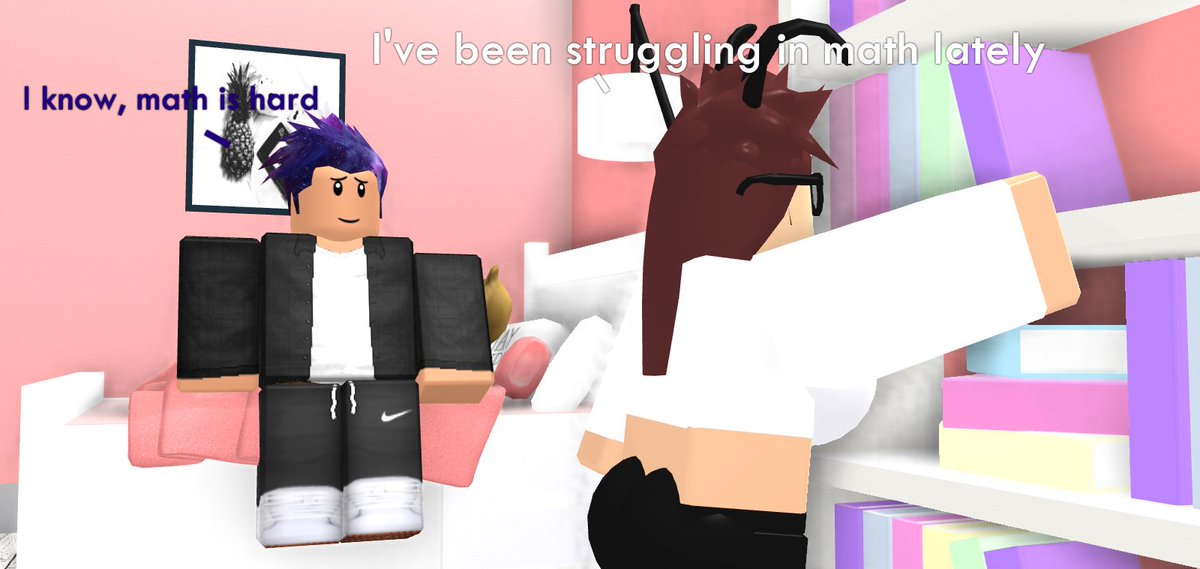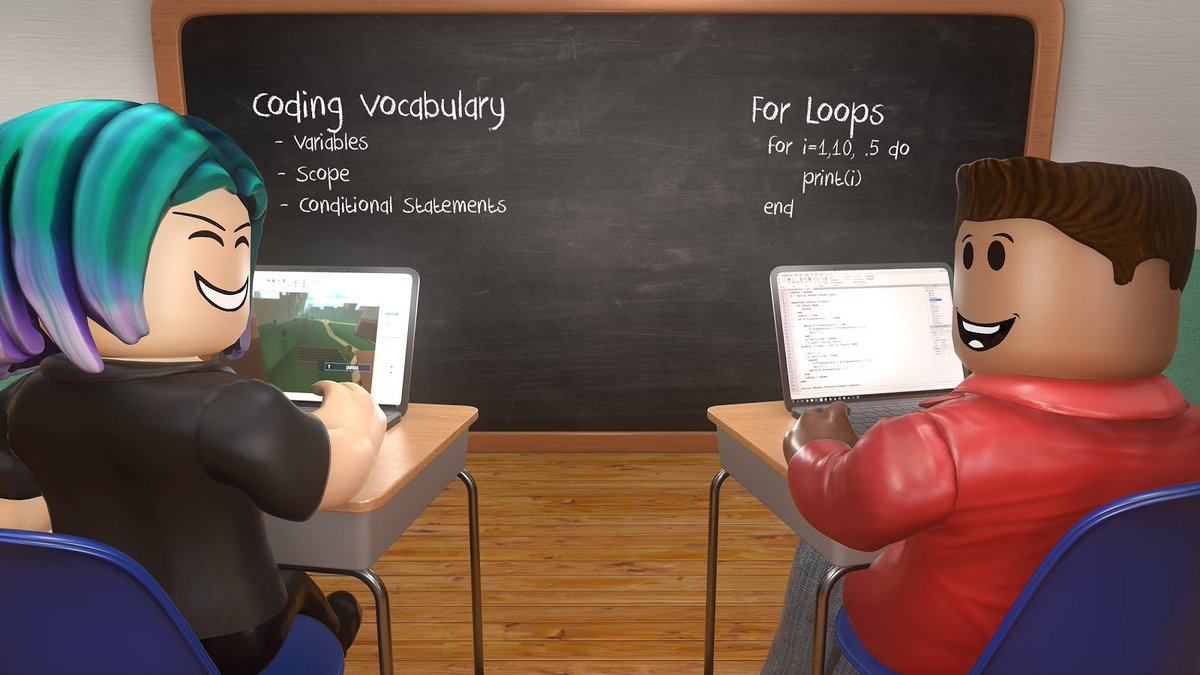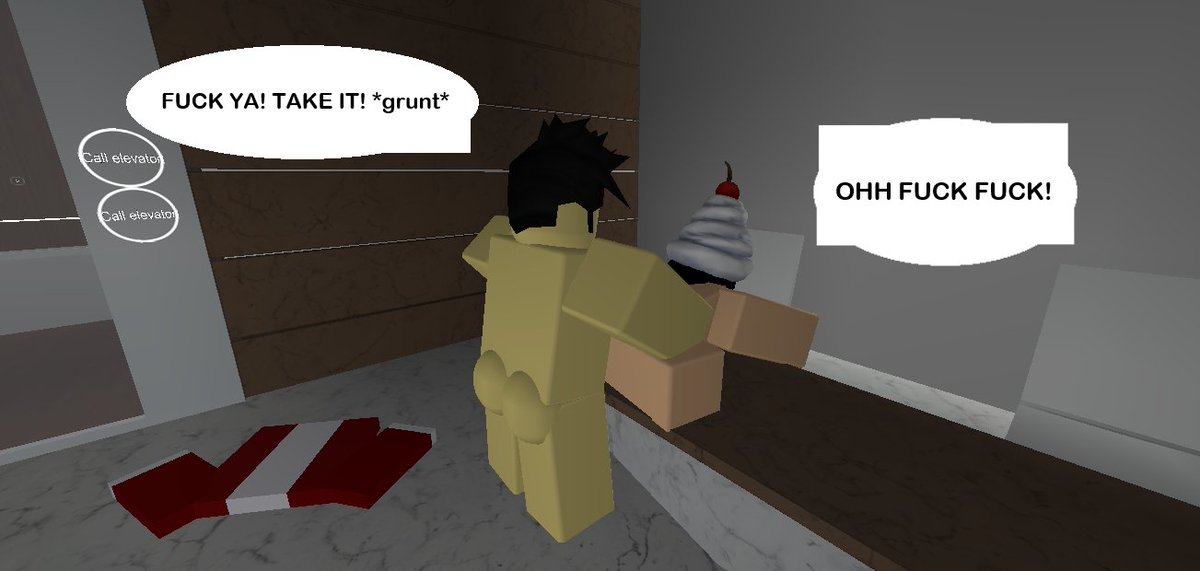

One, a code completion tool called Code Assist, automatically suggests lines of code. In March, Roblox rolled out two new tools in Roblox Studio, the program players use to build games. Some platforms have adopted a more cautious approach. (Stability AI and OpenAI did not respond to queries about this point.) This “raises the stakes,” she argues, growing the number of possible infringements and litigious parties. One outcome not being considered, says Trapova, is that the data of these tools might be drawn from across the creative industries. People can’t currently share image-driven stories with AI Dungeon’s story-sharing feature-but the feature offers a window into a future where game developers may start using or allow players to use third-party AI tools to generate in-game maps or NPC dialog. (Latitude did not respond to questions about these concerns.) Latitude’s position appears to be much like Stability AI’s: What the tool produces does not infringe copyright, so the user is the owner of what comes out of it. It’s possible that players of a game using GPT-3 or Stable Diffusion could be making things, in-game, that pull from the work of other people.

Stability AI, the company behind Stable Diffusion, has been hit with lawsuits from visual artists and media company Getty Images.Īs generative AI systems grow, the term “plagiarism machines” is beginning to catch on.

Things get even more complicated if someone pays the $9.99 per month required to incorporate Stable Diffusion, the text-to-image generator, which can conjure accompanying pictures in their AI Dungeon stories. Fanfic writers are finding their ideas in writing tools like Sudowrite, which uses OpenAI’s GPT-3, the precursor to GPT-4.

Yet games like AI Dungeon (and games people have made with ChatGPT, such as Love in the Classroom) are built on models that have scraped human creativity in order to generate their own content. Magoo nightmare into a play, book, or film, the support line quickly responded, "Yes, you have complete ownership of any content you created using AI Dungeon." It states that users can use content they create “pretty much however they want.” When I emailed Latitude to ask whether I could turn my Mr. Right now, this gray area is circumvented with an EULA. “There’s a big discussion nowadays, with prompt engineering in particular, about the extent to which you as a player imprint your personality and your free and creative choices,” says Alina Trapova, a law professor at University College London who specializes in AI and copyright and has authored several papers on AI Dungeon’s copyright problems.


 0 kommentar(er)
0 kommentar(er)
